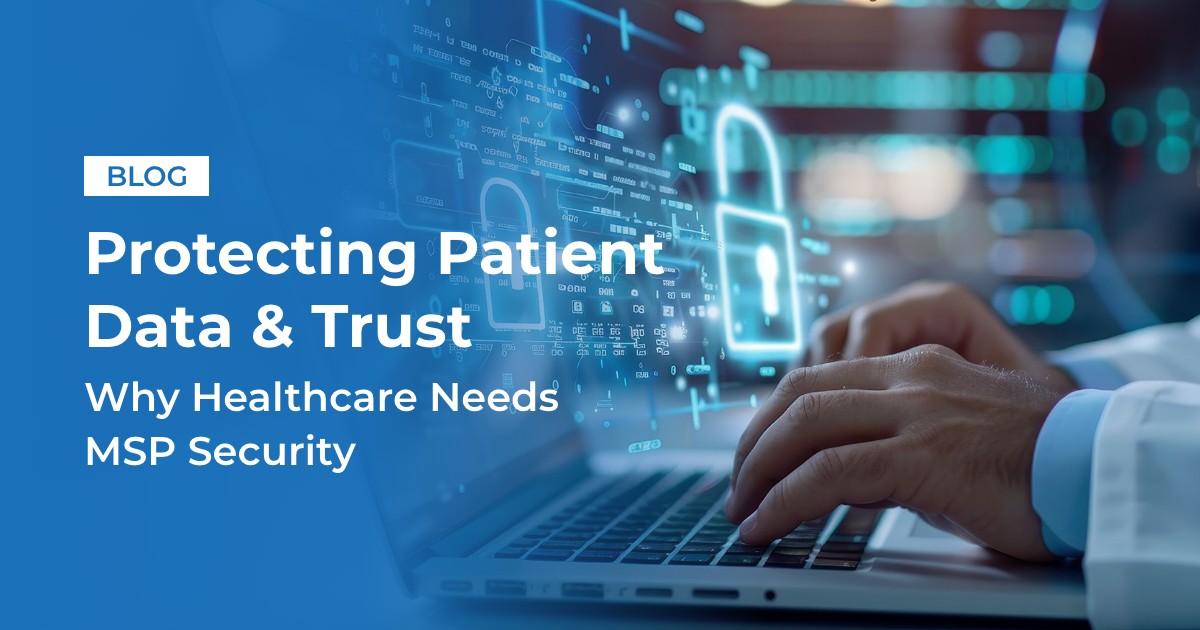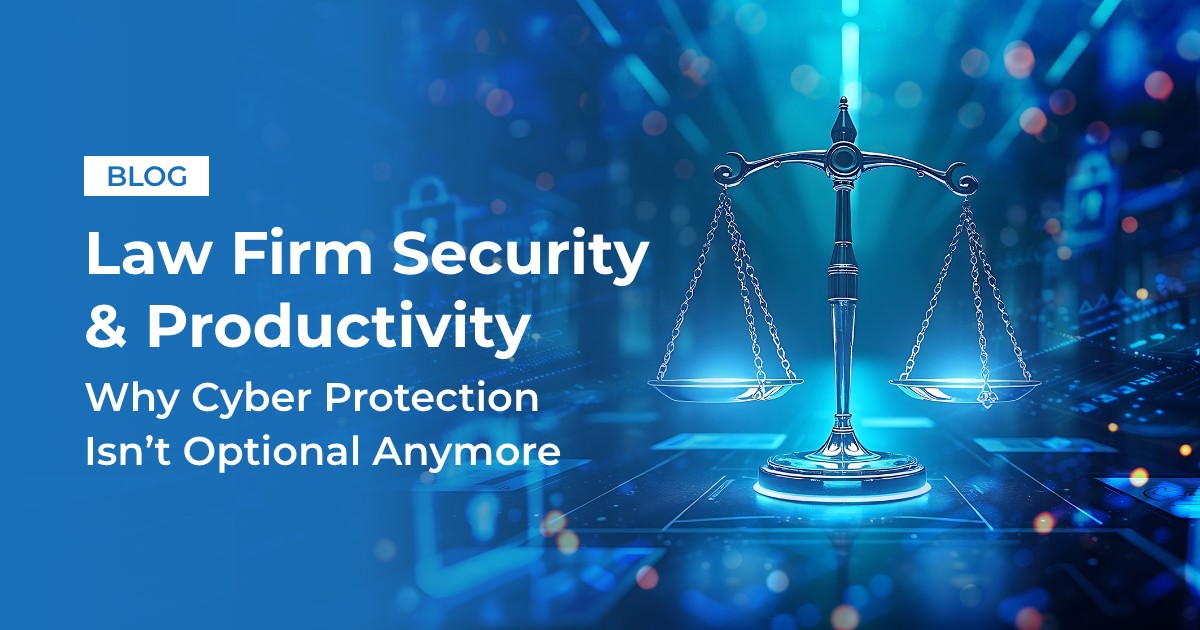With an increase in the number of employees working from home during the COVID-19 pandemic, businesses across the country are struggling with managing their workers from afar, but maintaining employee productivity isn’t the only thing business leaders should be worried about.
Whether they want to, business owners are going to have to get used to having remote workers. Sixty-six percent of U.S. employees are working remotely due to the coronavirus pandemic, according to a March 2020 survey conducted by Clutch, a B2B ratings and reviews platform. Additionally, nearly 43 percent of full-time American employees say they would like to continue to work remotely even after the economy has reopened, according to a survey released by business publishing company getAbstract. What business owners must not lose sight of during and post COVID-19 is cybersecurity, especially when their employees are out of sight.
Cybersecurity company Trend Micro in May 2020 surveyed 13,200 remote workers across 27 countries about their cybersecurity views and how they’ve been implementing best practices.
Do remote workers care about cybersecurity concerns?
While you may be concerned about the increasing number of cybersecurity attacks during the COVID-19 pandemic, do your remote workers feel the same way? Are they too worried about their health and the state of the economy? Are they paying attention to the ever-evolving cyber threat landscape? Are they following cybersecurity best practices to protect themselves and your business from cybercriminals looking to infiltrate your systems and networks by exploiting the vulnerabilities associated with a global pandemic?
According to Trend Micro’s study, remote workers worldwide feel like they’re doing what’s expected of them to combat cybercrime for their employers. The cybersecurity company’s survey revealed that 72 percent of remote workers feel more conscious of their organization’s cybersecurity policies since the beginning of the coronavirus lockdown. Eighty-five percent claim they take IT instructions seriously, and 81 percent agree that cybersecurity is partly their responsibility.
How remote workers feel about their cybersecurity efforts and what they’re doing to combat cybercrime is very different — at least that’s what the data reveals.
What are remote workers doing to combat cybercrime?
Even though remote employees believe they’re following necessary cybersecurity measures to protect themselves and their employers, their actions tell a different story.
Unfortunately for employers, remote workers are choosing not to protect company data. Fifty-six percent of survey respondents admit using a non-work app on a corporate device (66 percent have even uploaded corporate data to it). Thirty-nine percent “often” or “always” access corporate data from a personal device. Twenty-nine percent feel they can get away with using a non-work app. Of course, none of these admissions is good news for businesses operating in a rapidly changing landscape of ever-increasing cyber threats, but they’re telling and remind business owners to remain vigilant.
Even though business leaders are going to have to get used to more of their employees working remotely, they must not forget not only to deploy employee security training but monitor employee activity.





